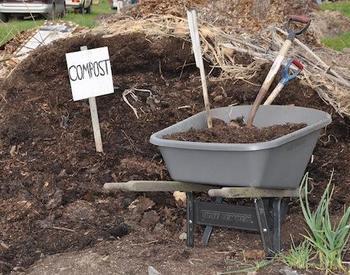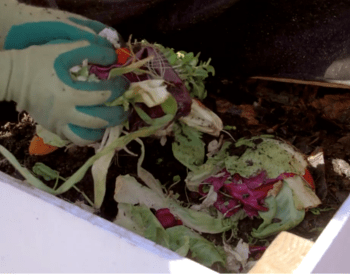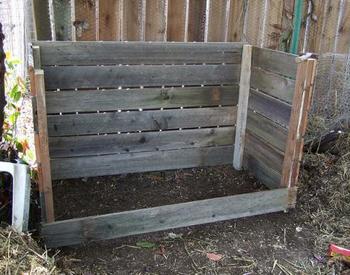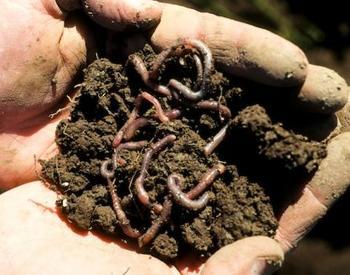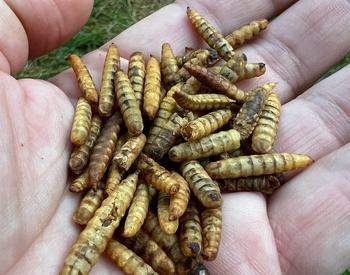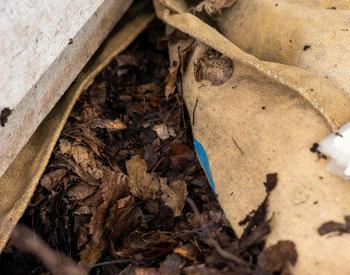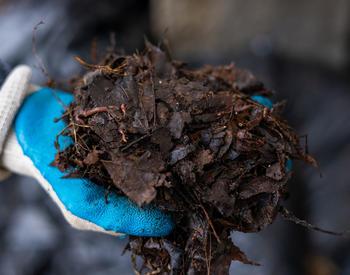What process is used in the winter to enable composting to continue outside and in very low temperatures, some below freezing?
In weather such as sustained temperatures below freezing, you will have to exert more effort to keep your compost active. I was outside checking compost at home about an hour ago – the outer 2-3 inches are frozen solid. Probably not much active composting going on at this time. What will I do about that? Nothing at all — a pause in the process is in keeping with my goals to manage domestic organic waste (yard debris, food scraps, shredded paper) on site.
Optimal composting conditions
Your goals, however, may be different, and a pause in the process may not be acceptable to you in meeting your goals. In that case, optimize composting conditions – always – and before freezing occurs.
Optimal composting conditions include:
- enough water
- large enough piles to be self-insulating
- and enough nitrogen to maximize microbial metabolism.
Without knowing anything about the reason(s) for composting and the size of the pile, it's hard to advise you on adding water. My favorite methods for adding water for domestic-scale composting are adding fresh grass clippings (not an option at this time of year) and adding food scraps, which also have high water content.
When it comes to adding nitrogen, my favorite is alfalfa pellets. These have to be wetted in order to begin to break down. Nitrogen fertilizer is another good source, as is manure if you have access to fresh manure from prey species (cow, horse, llama, rabbit, etc) but not predator species (human, dog, cat, not pig either). If using nitrogen fertilizer, for example 25-0-0, add about a cup per 4 gallons of water, turn the pile, and add. You can insulate your compost pile with bales of hay or straw. Note that this has to be done before freezing conditions occur – while the pile is still hot.
Unfortunately, it would be an uphill battle to get a home garden-sized compost pile to heat up in weather like this. I advise that you wait until conditions are reliably above freezing, at least during the daytime, turn the pile, and apply the recommendations that apply to your situation.

